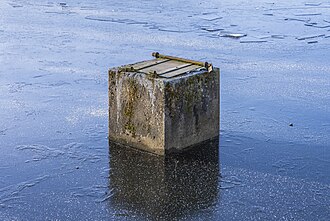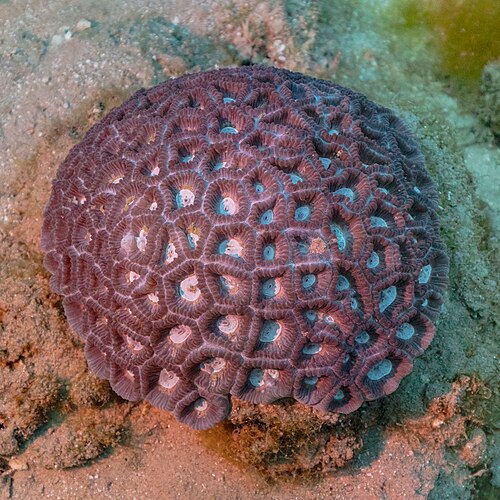

NASA astronaut Don Pettit demonstrates electrostatic forces using charged water droplets and a knitting needle made of Teflon.
Read More

NASA astronaut Don Pettit demonstrates electrostatic forces using charged water droplets and a knitting needle made of Teflon.
Read More
| Picture of the day |
|---|

|
|
View of the frozen Knollenteich in Hof (Saale), Bavaria, Germany. The cube-shaped concrete water drainage system is completely surrounded by the frozen pond.
|


NASA’s Cassini spacecraft captured dramatic plumes, both large and small, spray water ice out from many locations along the famed ‘tiger stripes’ near the south pole of Saturn’s moon Enceladus.
Read More

| Picture of the day |
|---|

|
|
Vertical panorama of the Milky Way during Perseids photographed from Oeschinen Lake with water reflections
|


Arsia Mons, one of the Red Planet’s largest volcanoes, peeks through a blanket of water ice clouds in this image captured by NASA’s 2001 Mars Odyssey orbiter on May 2, 2025.
Read More


Webb has found crystalline water ice in a debris disk around a young, Sun-like star called HD 181327. Based on its presence in our own solar system, scientists have expected to see it in other star systems — but haven’t had sensitive enough instruments to provide definitive proof until now.
Read More